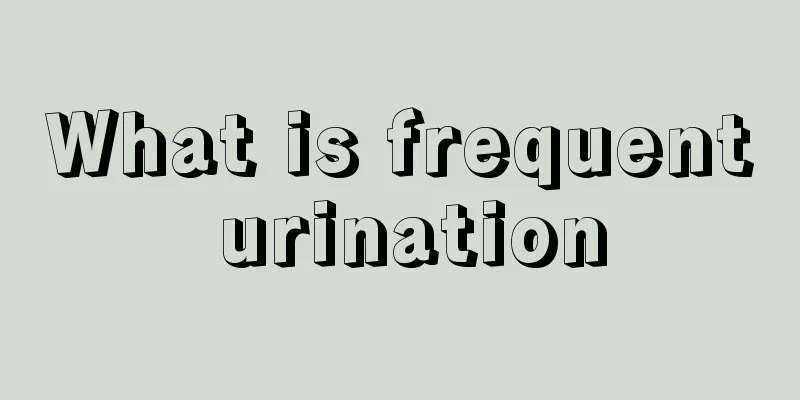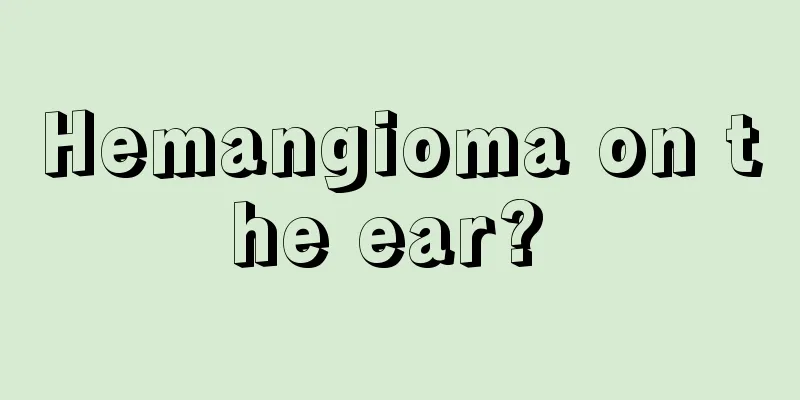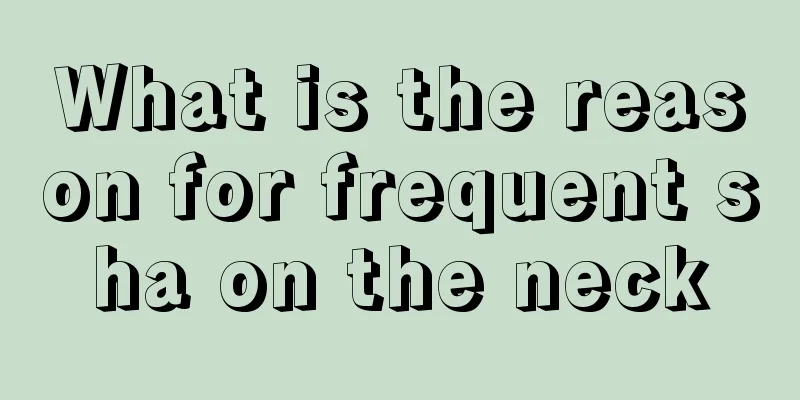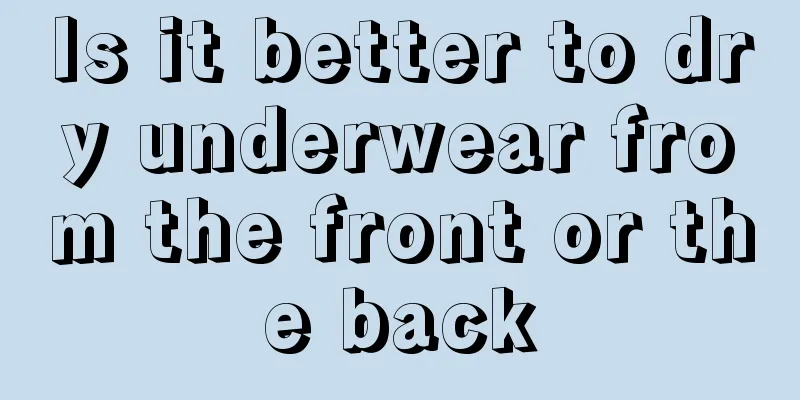Do I need anesthesia to extract wisdom teeth?

|
Wisdom teeth are teeth that everyone is familiar with. They only appear when people grow up. Some wisdom teeth can have adverse effects on a person's other teeth. Therefore, wisdom teeth must be extracted, but some wisdom teeth are very hard, and it takes a lot of courage to extract them. So some people think that extracting wisdom teeth is a surgery and must be taken seriously. Is anesthesia required when extracting wisdom teeth? In clinical practice, we found that some patients are reluctant to have their teeth extracted because they are indeed worried that the teeth will connect to their brains and that the anesthetics used for tooth extraction will have an impact on the brain. In fact, wisdom tooth is just an ordinary tooth. In addition to blood vessels and connective tissue, there is only the trigeminal nerve in the pulp. The dental nerve contained in the pulp is a branch of the trigeminal nerve. Although the trigeminal nerve is a branch of the cranial nerve, its main function is to control the facial sensation of pain, temperature and touch and to control chewing movements, and has nothing to do with memory. So, wisdom teeth are very close to the brain, but there is no need to worry about this, because tooth extraction is a local anesthesia, which only temporarily blocks nerve conduction or anesthetizes nerve endings. It will not cause brain problems. The anesthetic effect will last for two or three hours and then gradually subside and return to normal. As for the fact that some people feel that their memory deteriorates in the short term after wisdom teeth extraction, it is probably due to the temporary discomfort caused by the anesthetic used during tooth extraction and the relatively strong pain and noise stimulation! However, once your teeth are damaged, whether you have them extracted or have dentures, your teeth will never return to their original state. This reminds us to pay more attention to the care of our teeth in daily life, so as not to regret it when it is time to have them extracted. What should I do if my lower lip becomes numb after wisdom tooth extraction? This may be due to the alveolar nerve injury caused by the extraction of mandibular impacted teeth. Causes: ① The root apex of the mandibular third molar is close to the anatomical position of the inferior alveolar nerve canal; ② Improper tooth extraction method; ③ Deep root removal. In order to prevent numbness of the lower lip after wisdom tooth extraction, if the extracted tooth is closely related to the inferior alveolar nerve canal, we'd better extract it with caution. If it is difficult to remove the deep roots, they can be left alone. How to treat lower lip numbness? ① Use drugs that reduce edema and reduce pressure, such as dexamethasone; ② Use drugs that promote nerve recovery, such as vitamin B1, B6, B12, etc.; ③ Physical therapy can also be used; ④ Most patients with inferior alveolar nerve injury recover within a few months, and a small number of patients cannot recover, but the range of numbness will also shrink, and some pain sensation will be restored. |
<<: Are sea anemones poisonous?
>>: Does rice have a high sugar content?
Recommend
Is the cure rate of nasopharyngeal carcinoma high? What are the cure methods?
Is nasopharyngeal carcinoma highly treatable? Wha...
How to wash clothes stained with ink
For those who are practicing calligraphy, since t...
Is scleroderma contagious? Prevention is important
Scleroderma is a systemic disease, but it is not ...
What are the causes of esophageal cancer
Today's fast-paced lifestyle has led to the o...
What are the symptoms of stomach cancer in pregnant women
Pregnant women can also get stomach cancer, which...
What are the dishes that are not suitable for people with cervical cancer? Dietary principles for cervical cancer
Patients with cervical cancer should avoid eating...
Can a blood test detect prostate cancer?
The examination of prostate cancer is relatively ...
How to boil quail eggs so they are easier to peel
Quail eggs are small in appearance and taste deli...
What are some chest exercises?
With the improvement of the quality of life, peop...
There are many moles on the body
In our lives, many people have moles on their bod...
What are the prevention and treatment methods for multiple intestinal polyps
Intestinal health is the most important thing in ...
What are the harms of television to the human body
Nowadays, almost every family has a TV, and watch...
What to do if you strain your neck muscles? This is the most correct way to do it
Neck muscle strain is also very common. Muscles i...
What are the treatments for vitiligo
Vitiligo is actually a very common disease. It is...
Routine blood test results for tuberculosis
Many people are afraid of tuberculosis, a chronic...









